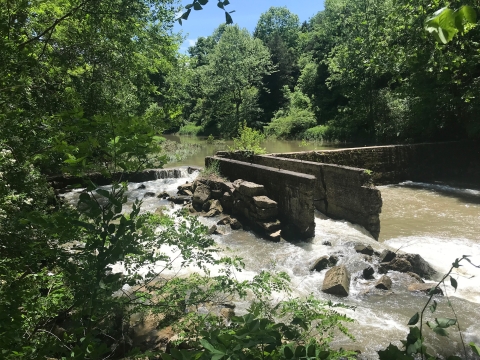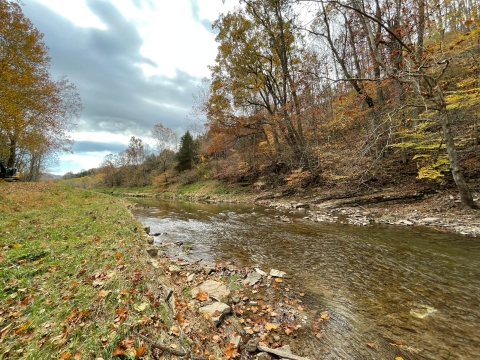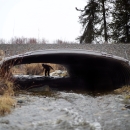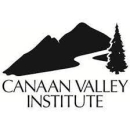States
VirginiaThe project to remove the Little River Mill Dam on the Little River in the Clinch River Watershed has been successfully completed, reconnecting over 30 miles of stream and restoring 2 miles of instream habitat for aquatic organisms, including multiple federally listed species. This initiative benefits endangered freshwater mussel species such as the Slabside Pearlymussel and Fluted Kindneyshell, as well as USFWS At-Risk species like the Cumberland Moccasinshell and Tennessee Clubshell.
The removal of this barrier is recognized as a significant conservation opportunity for the upper Clinch River Watershed, improving the resiliency of the ecosystem and contributing notably to species recovery goals. Additionally, the project has provided multiple socioeconomic benefits, including the elimination of safety hazards, the creation of local jobs, and the enhancement of recreational fishing and boating opportunities.
Quick Facts:
| Project Status | Complete |
| Location | VA, Tazewell |
| NFPP Project Funding | $200,000 |
| Restoration Techniques | Dam Removal |
| Accomplishments | 50 Stream Miles Reconnected |
| Project Partner Lead | Canaan Valley Institute |
| Primary Species Benefited | Fluted Kidneyshell |
The National Fish Passage Program combines technical expertise with a track record of success.
Implemented primarily through the Service's Fish and Wildlife Conservation Offices, the National Fish Passage Program provides financial and technical assistance to partners across the country. Since 1999, the program has worked with over 2,000 local communities, Tribes, and private landowners to remove or bypass over 3,400 barriers to fish passage fish passage
Fish passage is the ability of fish or other aquatic species to move freely throughout their life to find food, reproduce, and complete their natural migration cycles. Millions of barriers to fish passage across the country are fragmenting habitat and leading to species declines. The U.S. Fish and Wildlife Service's National Fish Passage Program is working to reconnect watersheds to benefit both wildlife and people.
Learn more about fish passage and reopen access to over 61,000 miles of upstream habitat for fish and other animals. Staff have expertise in fish migration and biology as well as financial, engineering, and planning assistance to communities, Tribes, and landowners to help them remove barriers and restore rivers for the benefit both fish and people.
Fish passage project proposals can be initiated by any individual, organization, government, or agency. However, proposals must be submitted and completed in cooperation with a Fish and Wildlife Conservation Office. (Please note that fish passage projects being used for federal or state compensatory mitigation or required by existing federal or state regulatory programs are not eligible for funding through the National Fish Passage Program.)
CONTACT A FISH PASSAGE COORDINATOR IN YOUR AREA TO GET STARTED.





